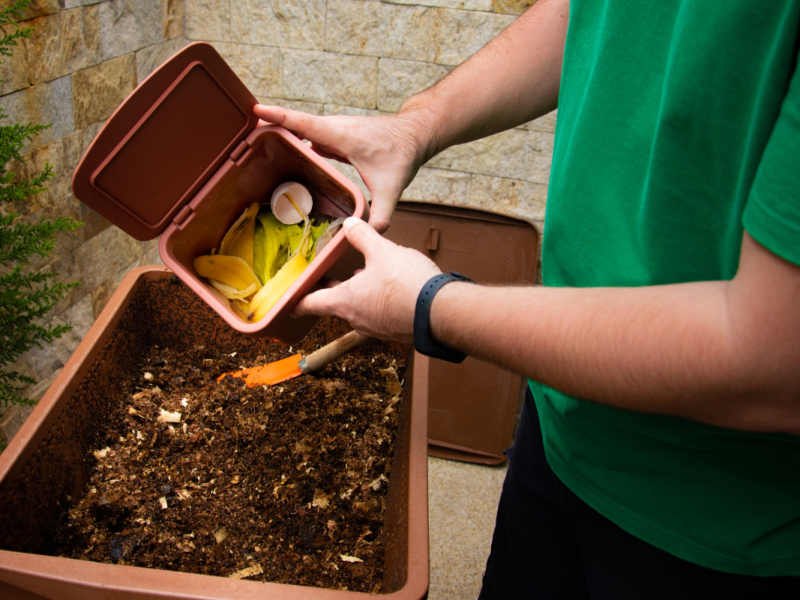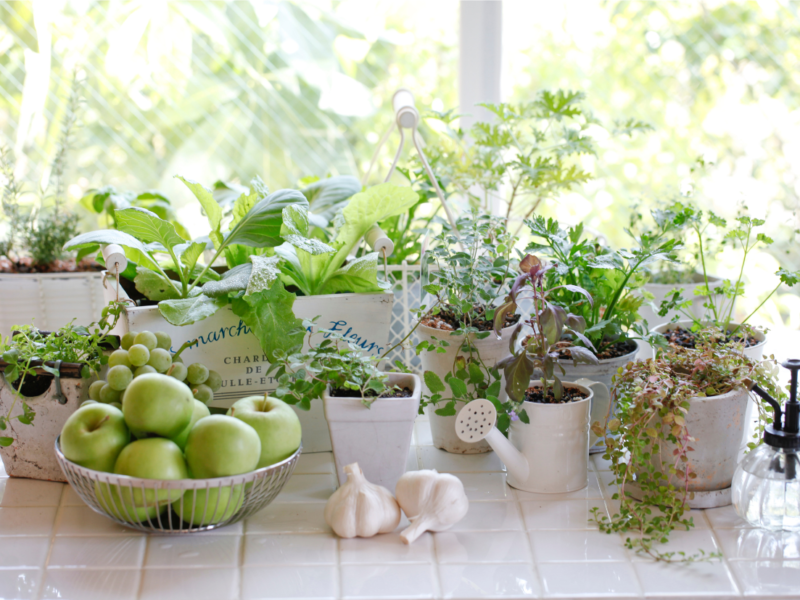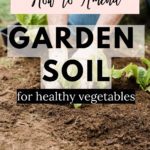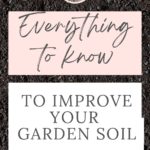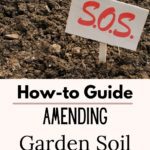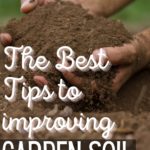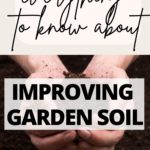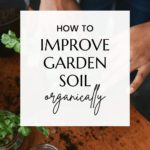Everything you need to know about soil health: learn how to amend garden soil properly in your organic garden with these helpful tips.
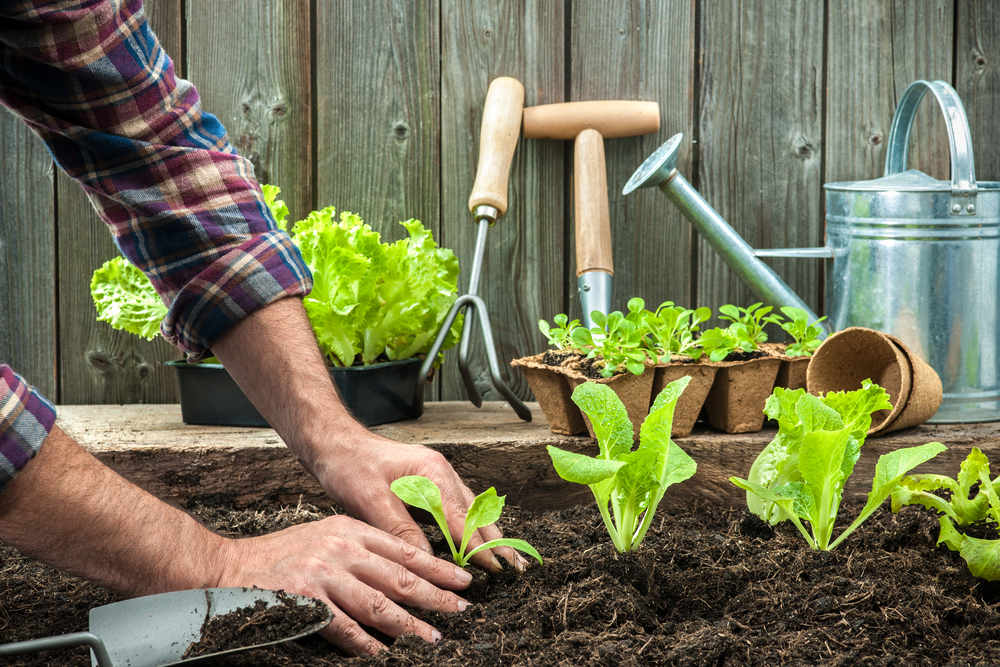
Preparing your garden soil is an important part of creating a successful garden. In this post, we’ll look at some of the ways you can improve your soil organically or without using synthetic chemicals. We’ll look at how to ensure that your soil has the right pH and mineral content and how to add organic matter so that your plants will have plenty of nutrients and the soil will be easy for plant roots to grow. Amending soil with organic matter is the key to a healthy garden.
Soil Revival: Achieve Garden Success with Organic Health
Build up your soil organically with these tips on improving garden soil. What you add to your garden soil determines what you’ll get out of it, so before planting, you should take the time to amend the soil according to the needs of your plants and your goals for the garden as a whole.
Adding organic matter like compost, homemade amendments, and mulch can help balance the pH level, increase water retention and drainage, kill harmful weeds and pests, improve aeration and drainage, and more!
Soil is an Essential Living System
In order to understand soil structure in the garden, it is important to know more about soil.
Healthy soil is an intricate blend of minerals, organic matter, water, air, and creatures. It is a dynamic living system that interacts with and affects all other terrestrial ecosystems.
The habitat of soil organisms is the surface layer – called topsoil – which receives the most sunlight in any ecosystem and is full of life.
This guide will teach you to garden soil tips about improving the soil condition of your garden and how you can amend your garden soil without the intervention of synthetic products.
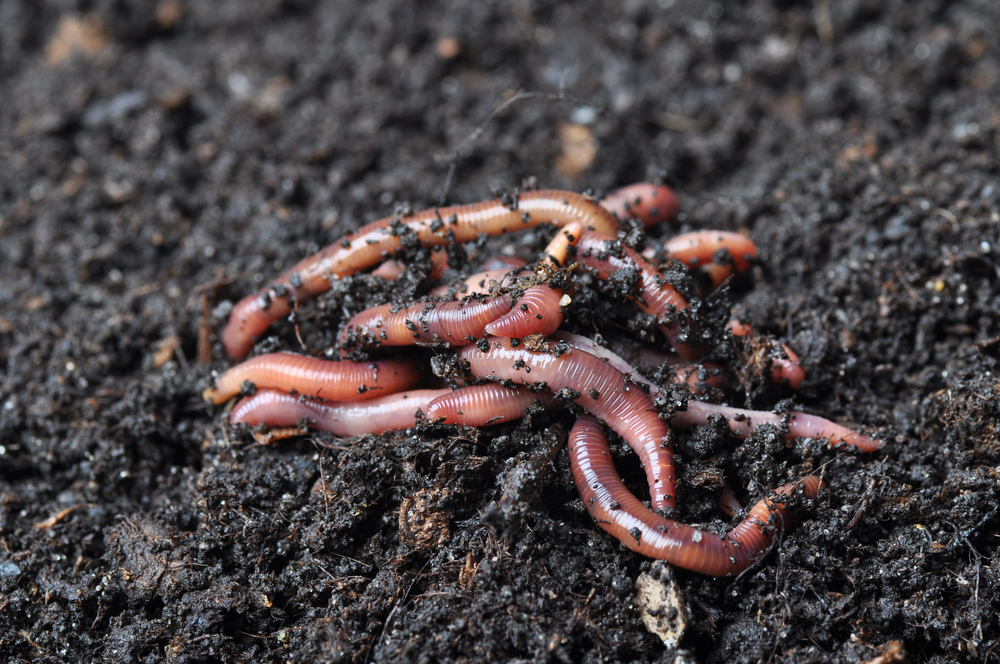
Life in the Soil
In the literature, organic materials can sometimes be found in soils: the living, the recently deceased, and the very dead. This matter becomes organic fertilizer for fruits and vegetables.
Understanding the processes that create soil and create fertile soil is helpful.
Soil life consists of soil roots, microbes, and other living organisms, which help improve soil structural structure by dissolving organic matter.
Some dead items included decomposing organisms like green plants and fresh fertilizers. They rapidly decompose, releasing nutrients. The dead portion is humus, the final residue from oxidation that helps to stabilize soil structure and reduce disease growth.
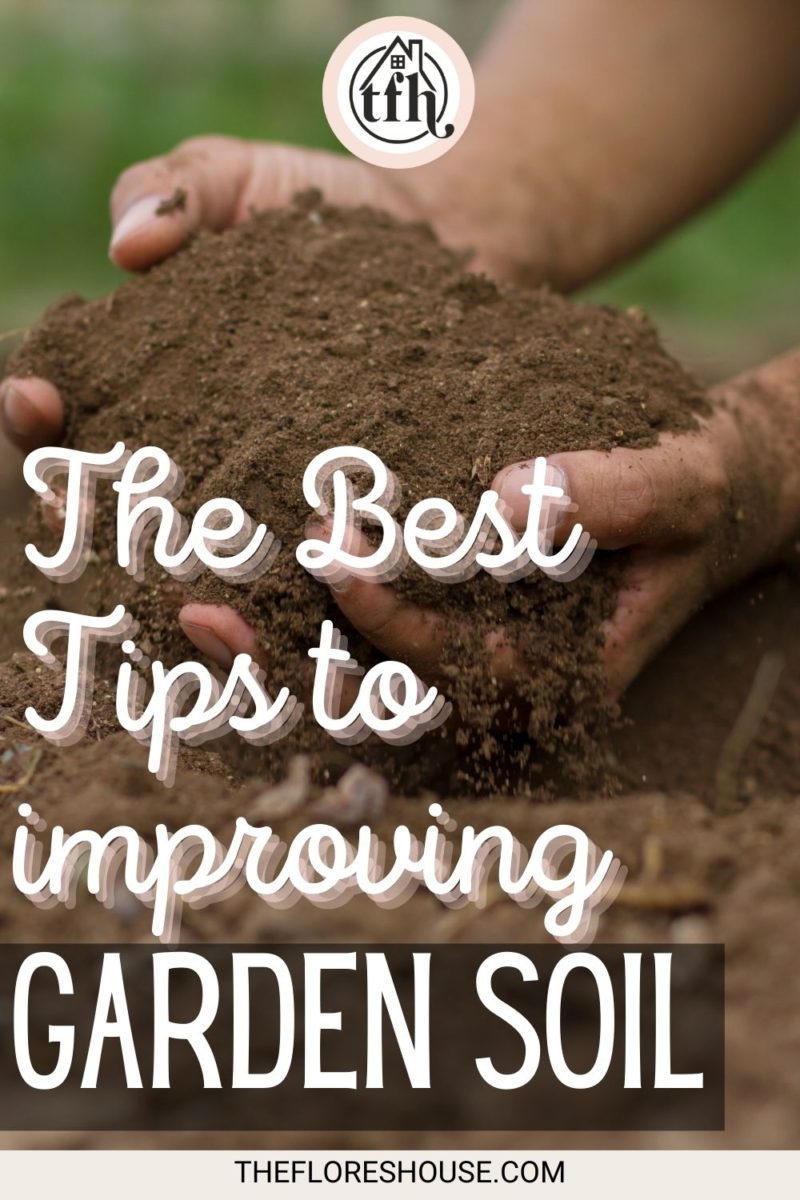
Soil is essential for human survival.
It provides food and shelter for plants and provides habitats for animals. It is a living ecosystem.
Soil stores rainwater that helps protect against flooding absorbs carbon dioxide from the atmosphere (which helps regulate climate), contains nutrients plants need to grow, and protects us from earthquakes when underground rocks are strong enough to support our weight.
More importantly, soil health determines the quality and nutritional profiles of food we consume. Problems in health like chronic illnesses can be linked back to poor nutrition.
What makes the soil rich and fertile?
An effective fertile soil contains the most nutrients necessary to maintain plant health, like nitrogen, phosphorus, potassium, and many other nutrients needed in small amounts.
Not only is it rich in these nutrients, but it also contains a balanced ecosystem of living organisms.
Nematodes (worms), bacteria, fungi, protozoa, and actinomycetes play a role in healthy soil.
These soil organisms digest and convert organic matter to nutrients, which builds healthy soil. A healthy balance of soil microbes fortifies good garden soil and optimizes soil pH while building soil structure.
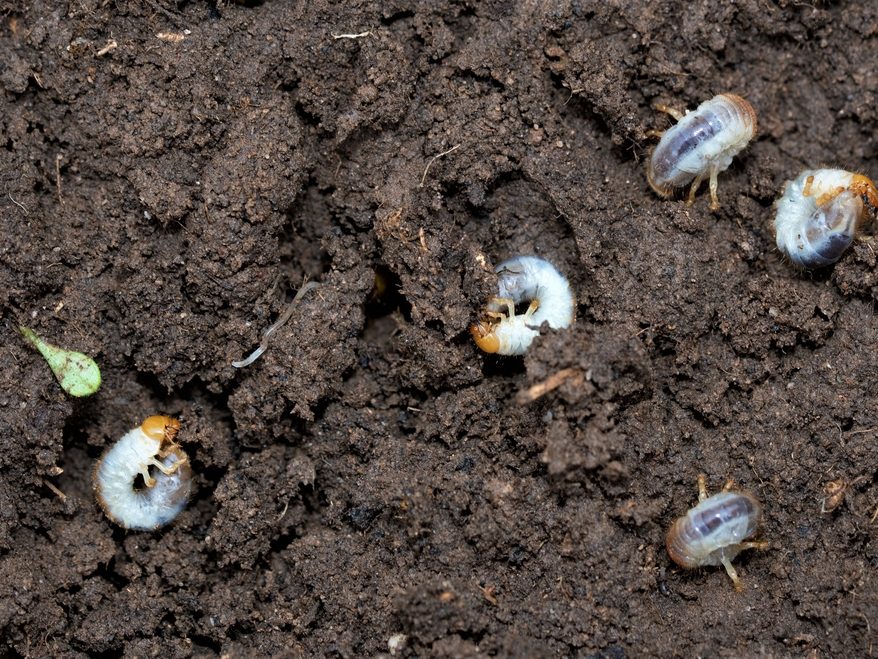
Nematodes help prevent damage to plant roots caused by insect larvae.
Do you have healthy soil?
Many factors indicate soil health. Earthworms are always a good sign! Are weeds taking over? Well, that is a sign of thriving soil, too! Good soil will be teeming with life of all kinds.
Pro-tip:
You do not want a garden without weeds!! Plant a cover crop like organic winter rye to fill in the spaces so hard-to-remove weeds cannot grow. This is called “chop and drop,” a no-till gardening method.
Then, when it is time to prepare the garden beds for spring, chop these crops and let them compost in place to return nutrients back to the soil. This can bring regenerative soil and healthy practices to your garden.
Why use organic soil in the garden?
In a nutshell, growing your own vegetables is all about the soil. That’s why it’s so important that you understand what goes into making healthy, nutrient-rich soil. Soil is an ecosystem – it consists of living organisms and their remains.
Organic matter in gardening is any material derived from living organisms. These materials include leaves, dead grass clippings, animal manures (animal waste), composted kitchen scraps or coffee grounds, and many others.
Pesticides and herbicides are designed to kill life. Avoid using anything of this nature and opt for organic options. Healthy soil is full of life, and using synthetic pesticides, herbicides, and even some commercial fertilizers destroys soil health.
Vegetable gardens will thrive if you take the steps needed to improve the soil. The best-raised bed soil can be cultivated over time with the following tips.
How to Improve Your Garden Soil Organically
There are many ways to improve poor soil in your garden organically. Some of these ways even help you to reduce food waste.
- Add organic matter from composted vegetables, manure, and green plants like grass clippings.
- Make and use compost tea.
- Rabbit manure can be applied directly to garden soil without being composted.
- Grow cover crop plants like comfrey, buckwheat, and vetch. These can be mowed or “chopped” down and scattered directly on top of the garden. Earthworms love to munch on the decomposing leaves and bring the nutrients back into the soil layers.
- Build a compost bin inside the garden bed! Add your compostable table scraps and let the worms do their jobs!
- Learn how to make your own compost in this article!
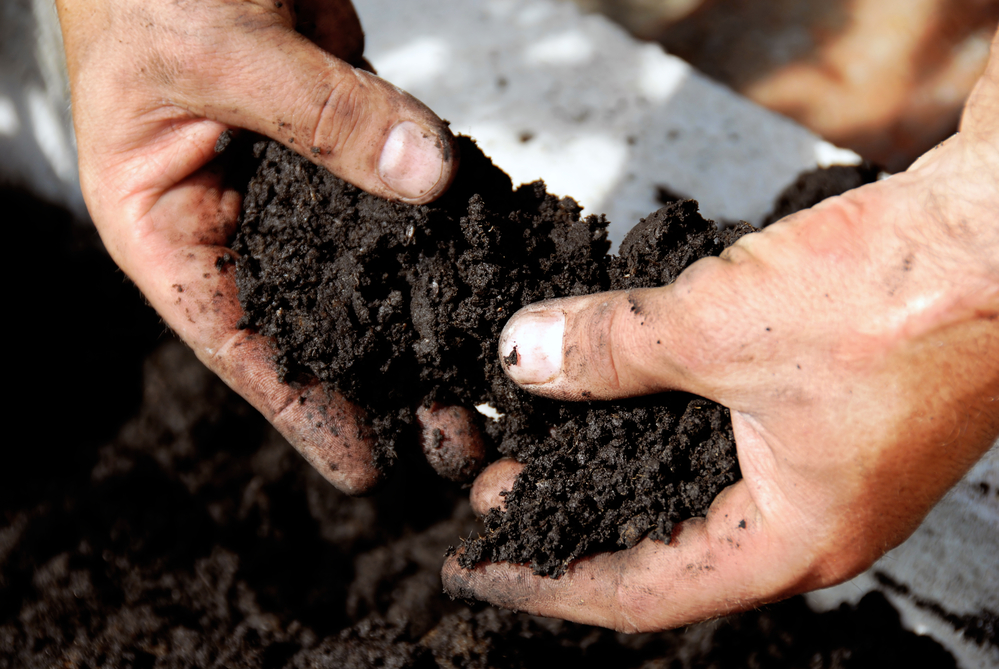
Organic Soil for Vegetable Gardens
Organic soil is a mix of naturally occurring materials, like decomposed plants, that have been added to your soil.
When you amend soil in your garden bed with organic material, it adds nutrients to what might otherwise be an infertile spot. This amended organic material helps your plants grow larger, healthier, and happier.
What is the best way to amend the soil?
There are several ways to amend or improve your soil. Just remember that some plants prefer different types of soils—you may need more than one type of garden if you plan on growing more than one type of plant. Here are some tips for improving the soil.
Determine Your Garden Soil Needs
Before you can begin amending your soil, you must figure out what is lacking. While some gardeners swear by their organic soil amendments, others like to run their own tests to ensure their organic matter is rich in what’s most important to them.
Tests can be purchased at garden centers or online—or you can do it yourself with a cheap test kit from a science supply store.
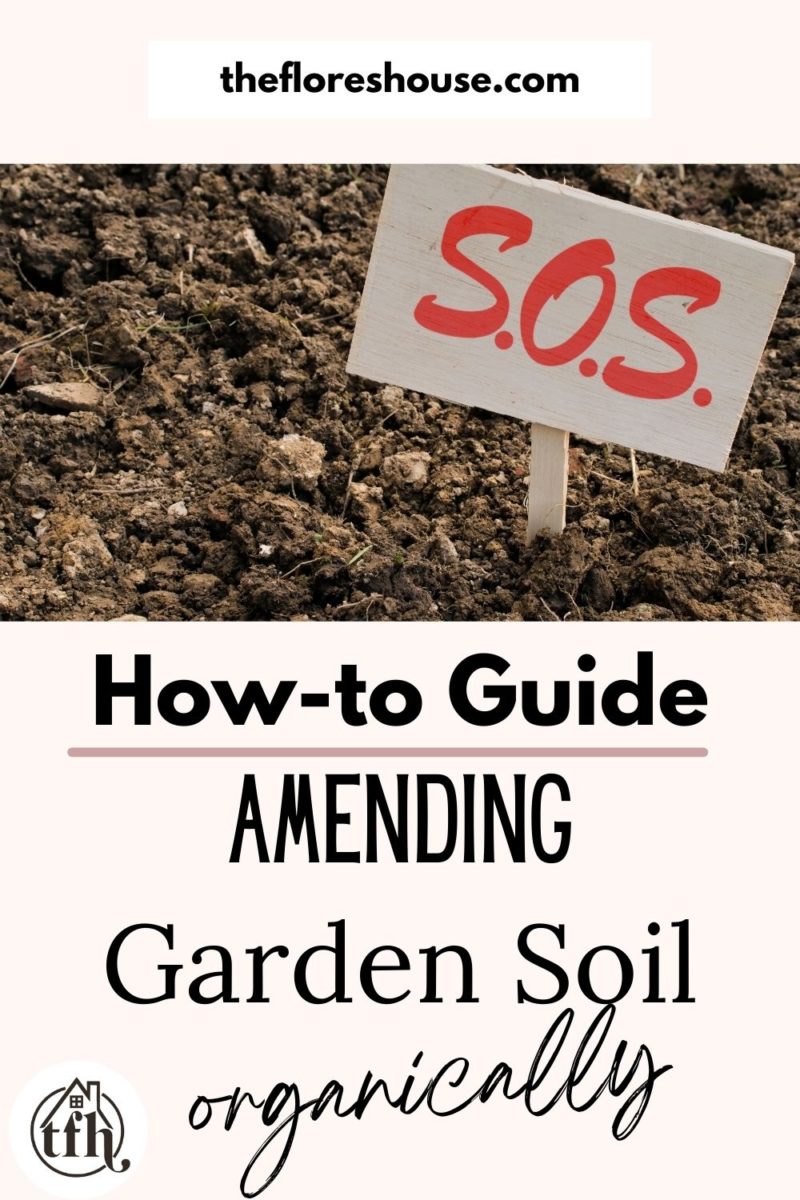
Decide on a Recipe for Amending the Garden Soil
There are many ways to amend your soil. A proven recipe for organic soil is 30 percent compost, 30 percent humus (that’s decomposed organic matter), and 40 percent sand.
The remaining 10 percent can be whatever you have available. You could also add finished compost tea or some kelp meal to boost nutrients if your soil tests low on anything.
Amend at least 10% of existing garden soil.
Once you’ve developed a garden site that doesn’t need drainage, it’s time to amend your existing soil. If your soil is alkaline, acidic, or just plain iffy, you can fix that by adding organic matter, sand, or clay.
Amend at least 10% of the soil in your garden bed to ensure you have enough organic material in your soil. You may also want to consider adding soil amendments like mycorrhizal fungi powder or humic acid. We generally add 25% compost to my beds. Read more about how we do it here.
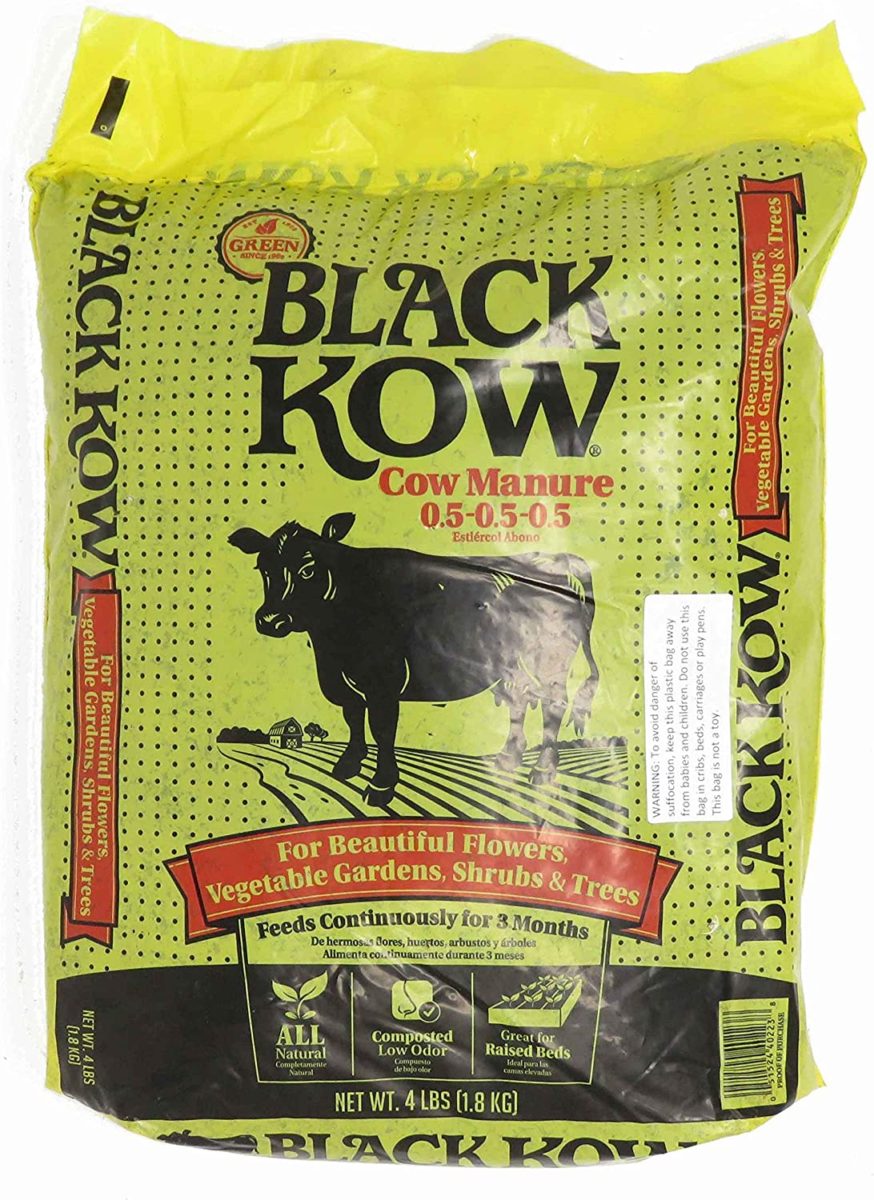
Compost, compost, compost!
Compost can do wonders for your soil. It’s full of natural nutrients that make your soil healthier, more fertile, and able to support bigger, stronger plants.
Compost helps make your soil better at holding onto water and nutrients. So you won’t have to worry about them seeping away from the roots of your plants. You can make compost on your own or buy it pre-made; either way, it will improve your garden’s health.
A soil profile reveals the underlying layer. The thin top is darker brown to black and contains semi-decomposing and decomposing organic material.
Below that is organic topsoil that is typically dark brown in color. This may be virtually non-existent at a certain location because of erosion. Below this is a subsurface containing clays with minerals but little nutrients.
Composting is a great way to recycle kitchen and garden waste, producing an excellent soil conditioner. It can also be used as a soil amendment if you’re not ready to compost yet.
To use compost in your garden:
- Make sure it’s well-rotted and has no objectionable odors (this will vary depending on the ingredients and how long it’s been sitting)
- Choose a spot where you won’t mind seeing decomposing matter; it does not always disappear completely.
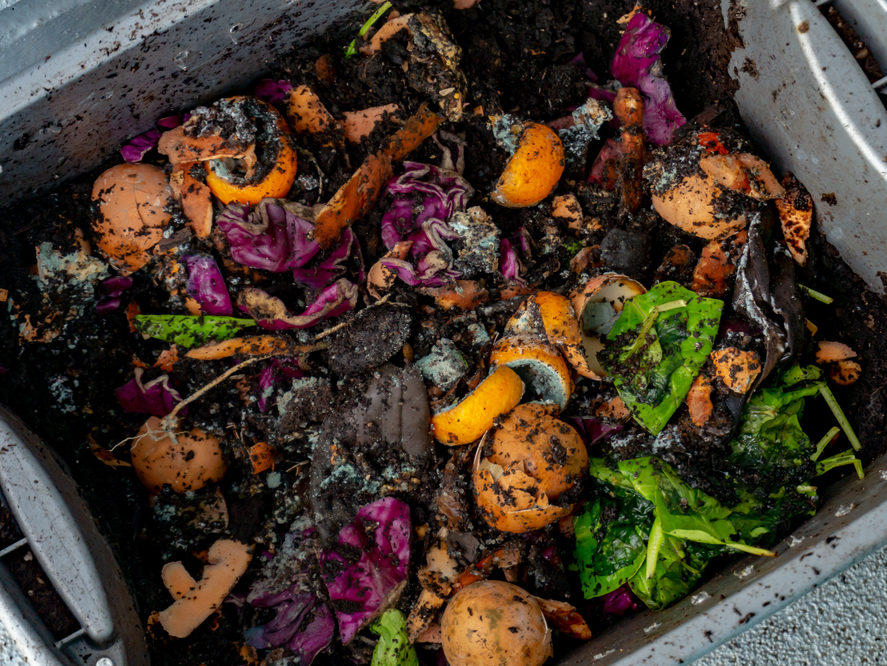
Rotate Crops for Good Garden Soil Health
If you grow crops in your garden every year, you should mix things up a bit to ensure that soil nutrients stay abundant. Crop rotation involves growing different crops at different times on one piece of land.
Planting a new crop (and therefore taking away nitrogen, phosphorus, etc.) takes its toll on soil health. If you can make it work within your budget, adding compost or other soil amendments will help make up some of these lost nutrients.
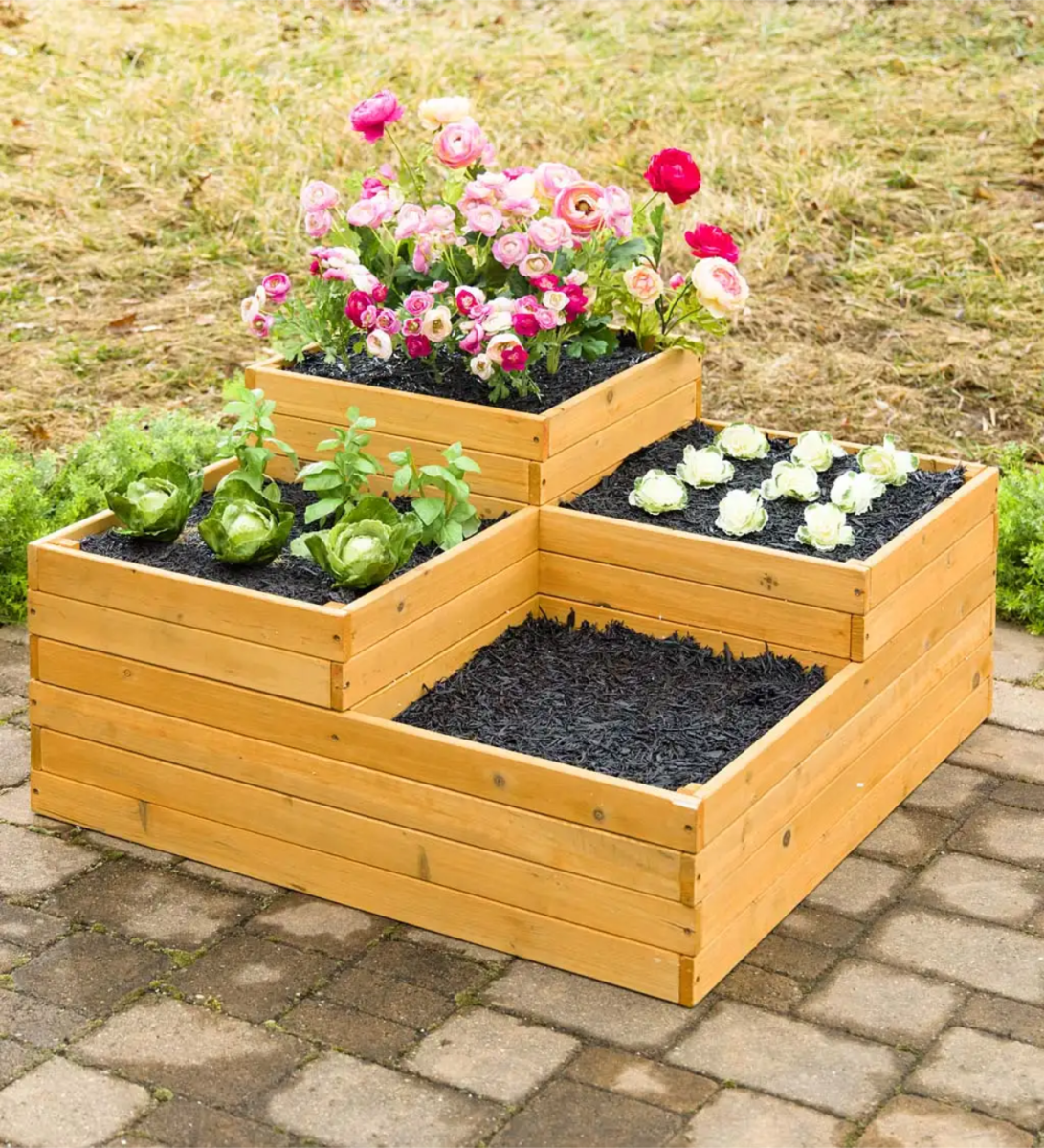
Healthy Fertilizers and Amendments for Organic Garden Soil
Great soil is the foundation of any good garden. You can improve the soil without chemicals, which will pay off in the long run.
Add organic matter to your garden beds, such as compost or mulch, to enhance the soil organically. Compost is made from decomposed plant materials, often including manure and other organic waste. You can make your own compost pile or buy it at the store (it’s usually available as bagged material).
Add about one inch of compost to each bed every year until you have 4-6 inches total on top of your existing soil. If you’re making a new bed, add more than one inch to cover all the roots that will grow there. And make sure it gets worked into the ground well before planting anything so they have time to break down completely over time rather than just sitting on top.
Amend Soil with Epsom Salt
Magnesium sulfate, or Epsom salt, is an odorless, colorless, and flavorless inorganic compound. It’s readily available at most drugstores, but you can make it yourself by boiling water and sprinkling some Epsom salt into it.
This will dissolve the Epsom salt into the water and make a solution that can be used to help plants grow.
If you want to use Epsom salt on plants, here are some tips:
- Mix two tablespoons of Epsom salt with one gallon of water in a large bucket or container (a five-gallon bucket works well). Then soak your plants’ roots in this solution for 30 minutes once per week for three weeks straight—you’ll notice an improvement in their appearance within just a few days!
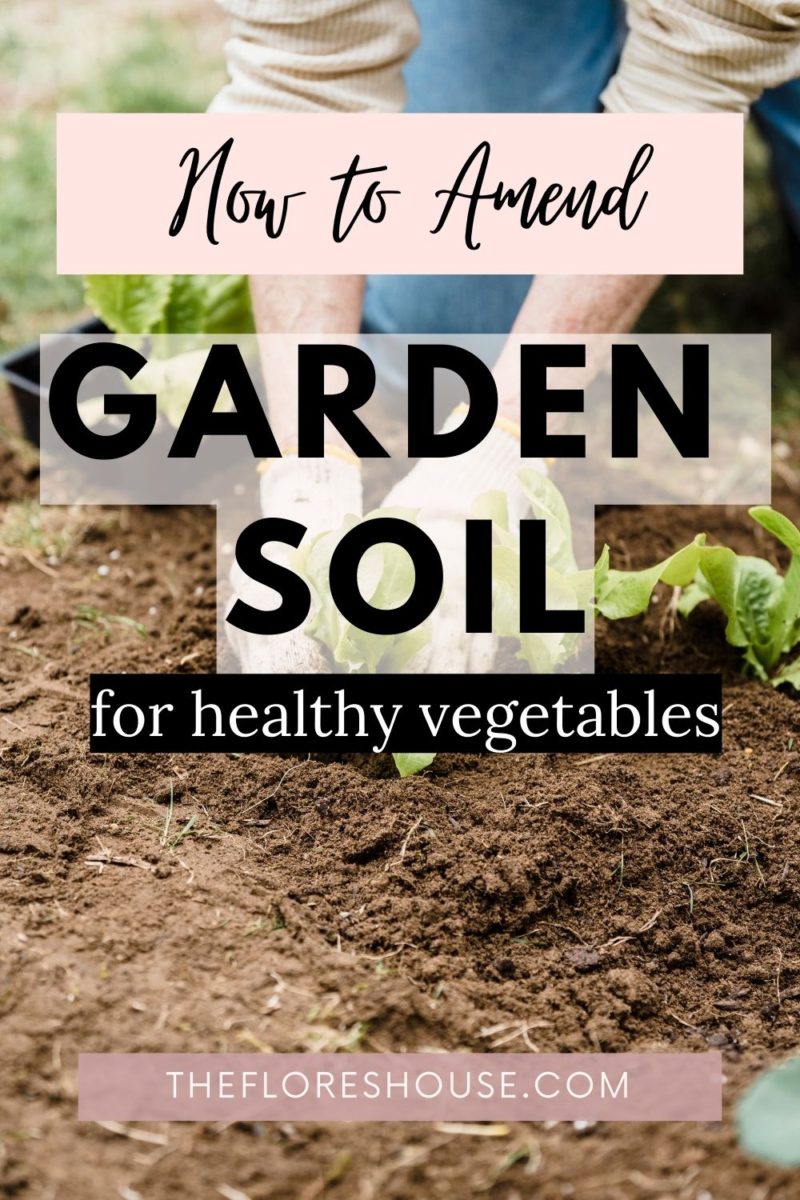
Your soil is the foundation of your garden. It’s what sustains the plants, provides them with nutrients and water, and gives roots something to anchor into.
Plants will be weak and susceptible to pests and disease without good soil. That’s why it’s so important to improve the soil quality in your garden organically before you plant anything in it.
You can do this using organic fertilizers, composting, or cover crops in the fall and winter months. These things will help improve garden soil without chemicals over time so that your plants can thrive for years to come.
